Microsoft buys another 10 million DNA strands for digital data storage testing
3 min. read
Published on
Read our disclosure page to find out how can you help Windows Report sustain the editorial team. Read more
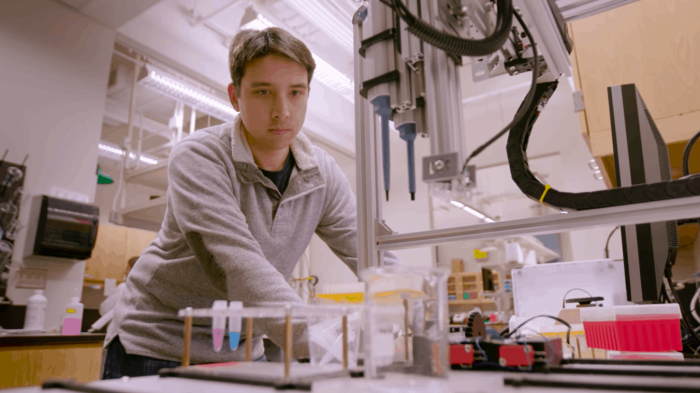
Not so long ago, you may remember that Microsoft promised Office 365 customers that they would get unlimited cloud storage on its OneDrive service. Unfortunately, the company later backtracked on this promise, explaining that it needed to guarantee its customer that it could “sustainably operate OneDrive in the future.”
Yes, data storage is expensive, and Microsoft is actively trying to find ways to do this more effenciently. And as it turns out, the next technological breakthrough in this field could well be using DNA for digital data storage, which is something that Microsoft is very interested in. Indeed, the company partenered last year with the University of Washington and Twist Bioscience, a company that produces “synthetic DNA” that can store digital data very efficiently.
The Redmond giant seems to be excited by the results so far, as Twist Bioscience announced yesterday that Microsoft had just purchased another 10 million DNA strands to pursue its research (via ZDNet). “After working together for over a year, the organizations have improved storage density, thereby reducing the cost of DNA digital data storage by encoding more data per strand and increasing the throughput of DNA production,” explained Twist Bioscience in the press release. Storing data on synthetic DNA may well sound very abstract to you, but Luis Ceze, Professor of computer science and engineering at the University of Washington’s explained that its much more efficient than current storage technologies:
Importantly, not only does DNA provide a high density, very long-term solution to digital data storage, it requires very little energy at rest compared to today’s storage technologies. In addition, DNA will never become obsolete as an information storage medium, since we will always care about reading DNA. No more migration from disk to tape to denser tape.
Last year, the research led to a first breakthrough after Microsoft announced in July that it had succeeded to store 200 megabytes of data on synthetic DNA strand “much smaller than the tip of a pencil.” However, the company is well aware that the research is still at early stages. “There are still many challenges in making DNA storage mainstream, though we are encouraged by the work we have completed to date,” said Karin Strauss, Ph.D. and Senior Researcher at Microsoft. “Demand for data storage has been growing at break-neck pace. Organizations and consumers who need to store a lot of data – for example, medical data or personal video footage – will benefit from a new long term storage solution. We believe DNA may provide that answer,” she added.
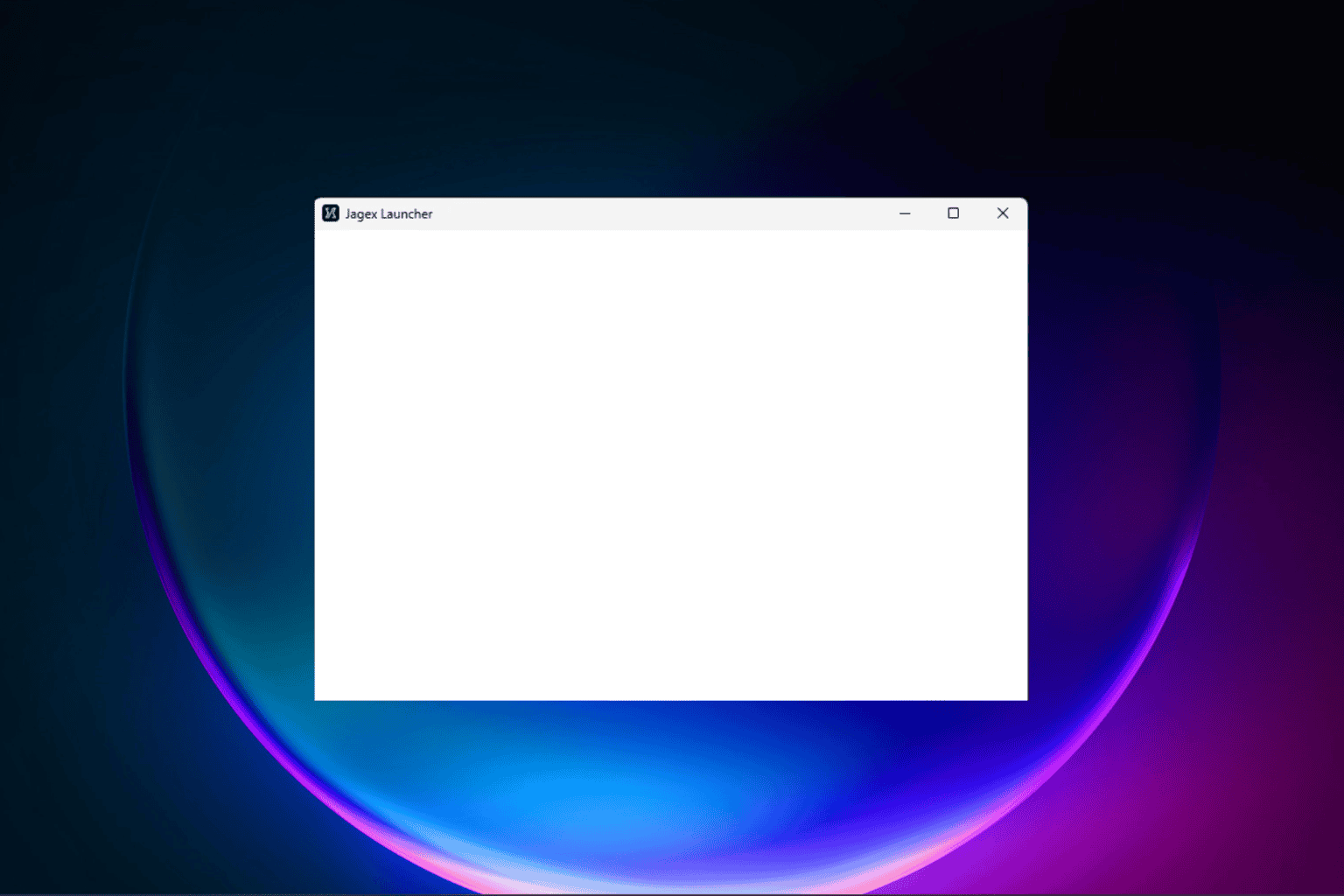
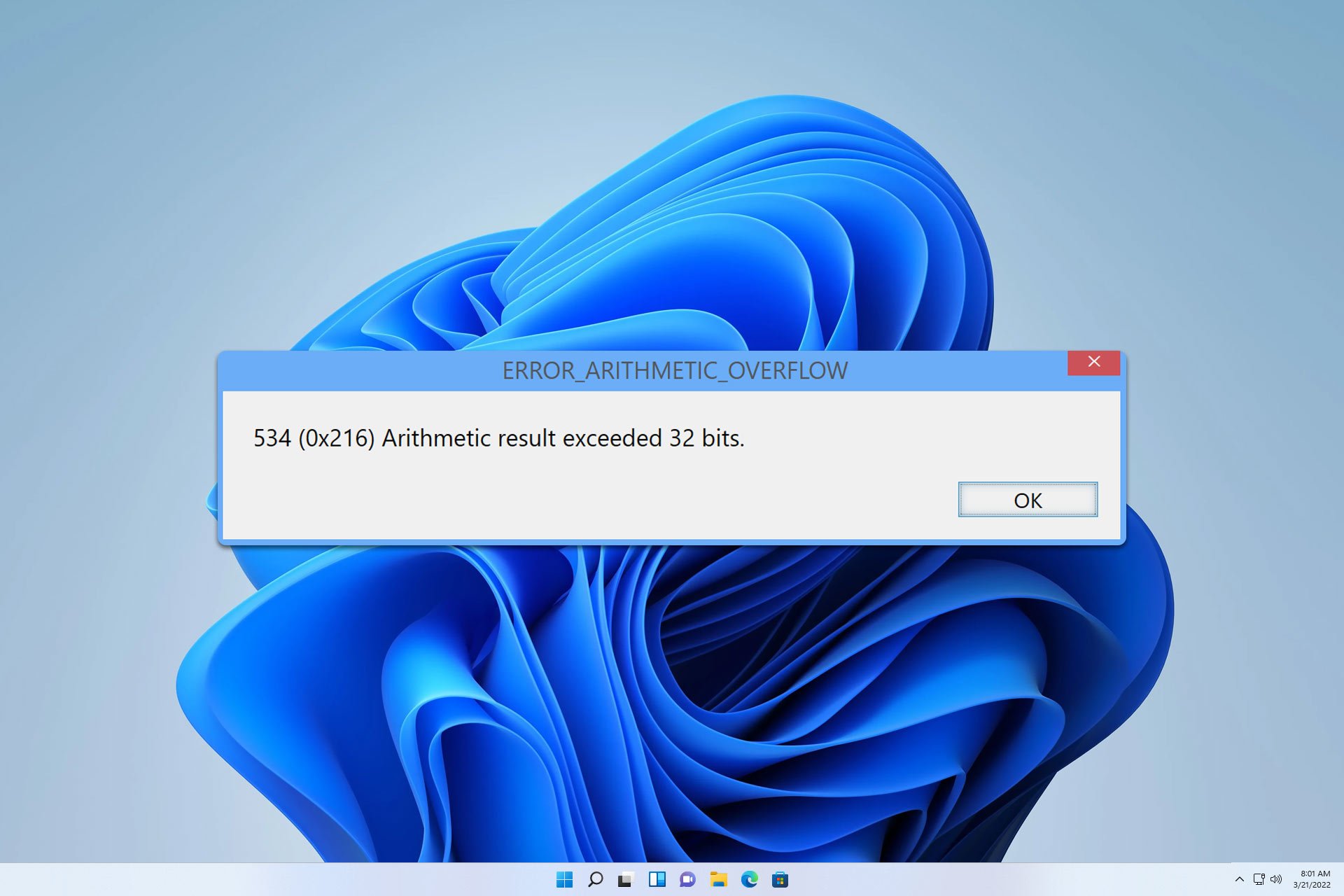

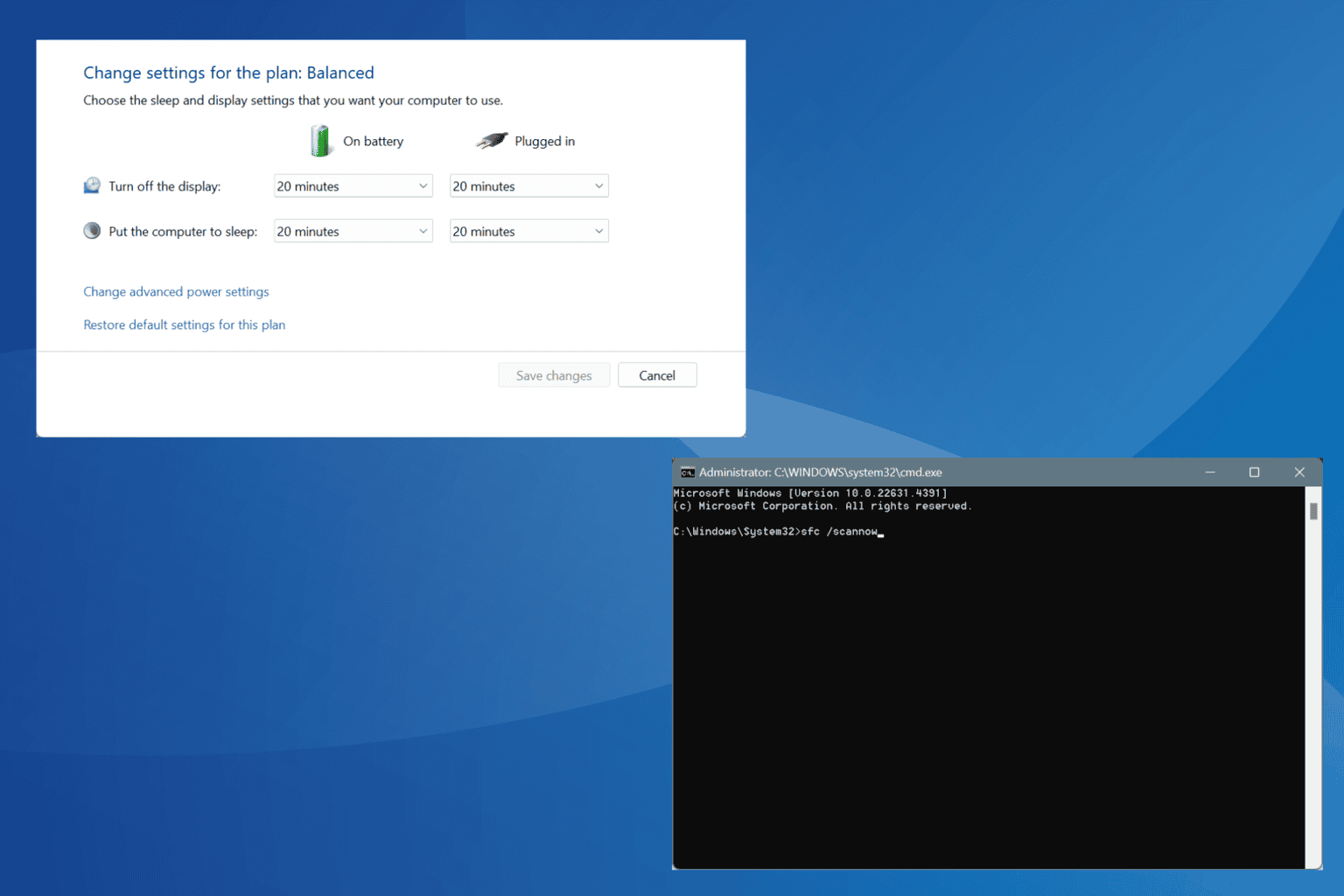
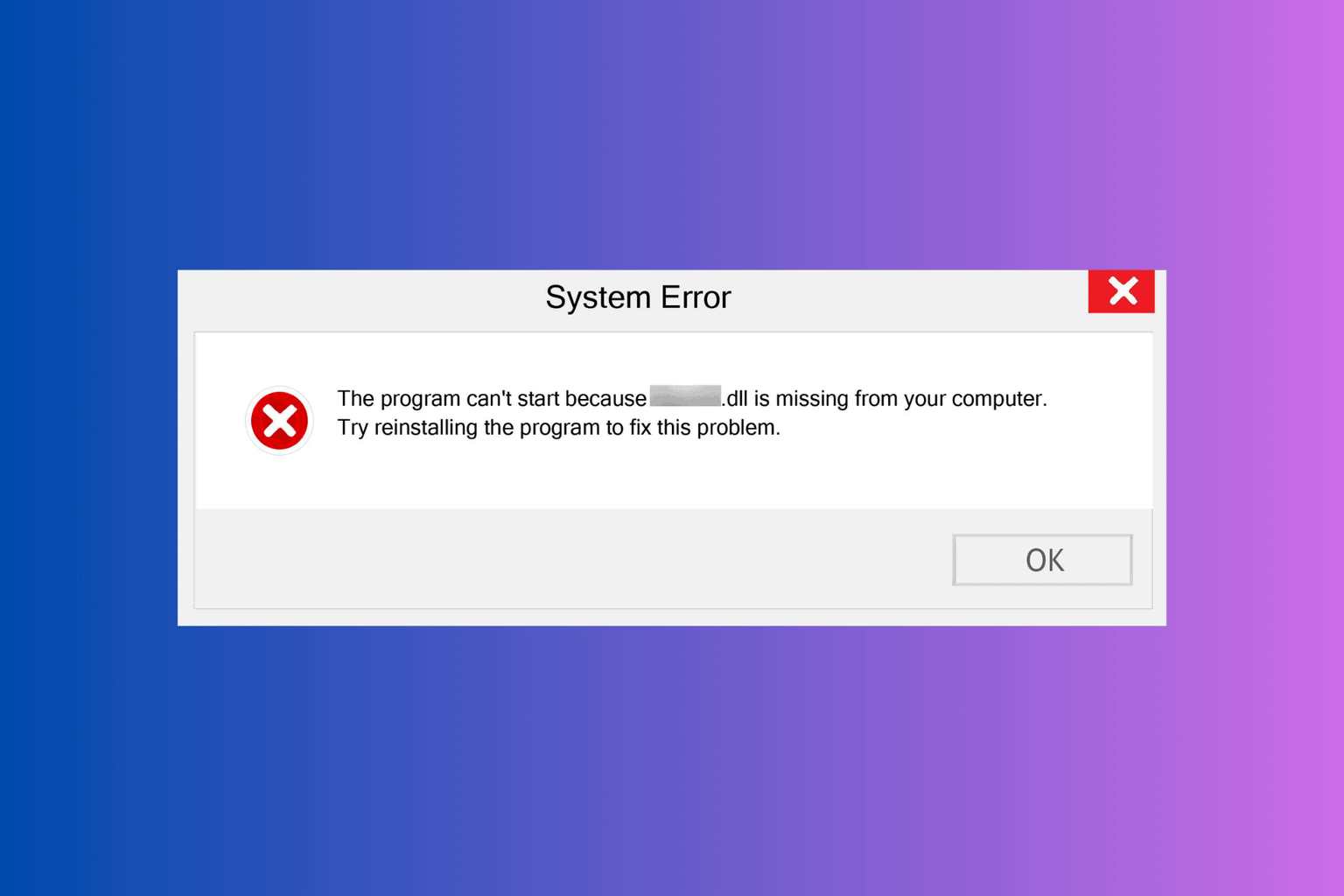



User forum
0 messages